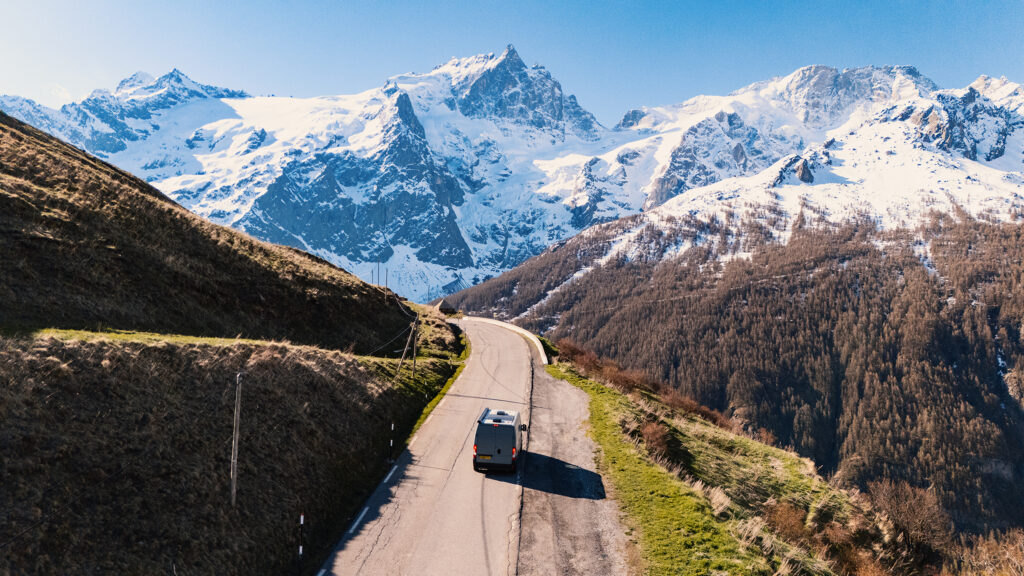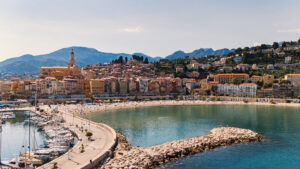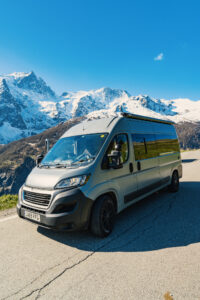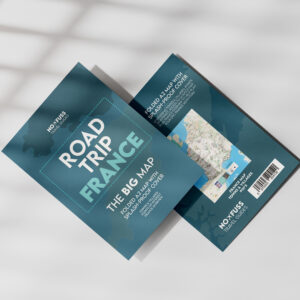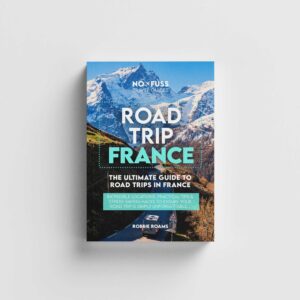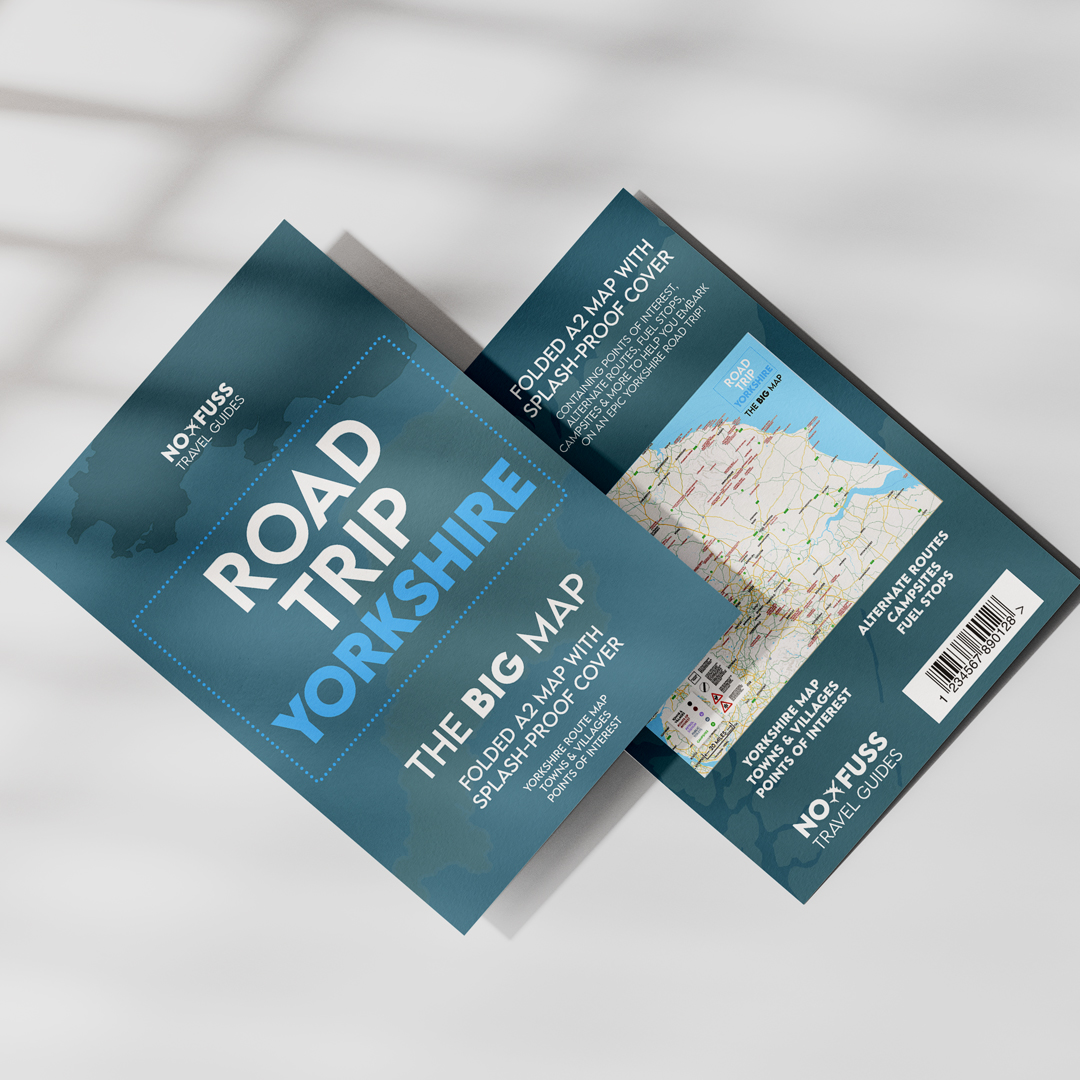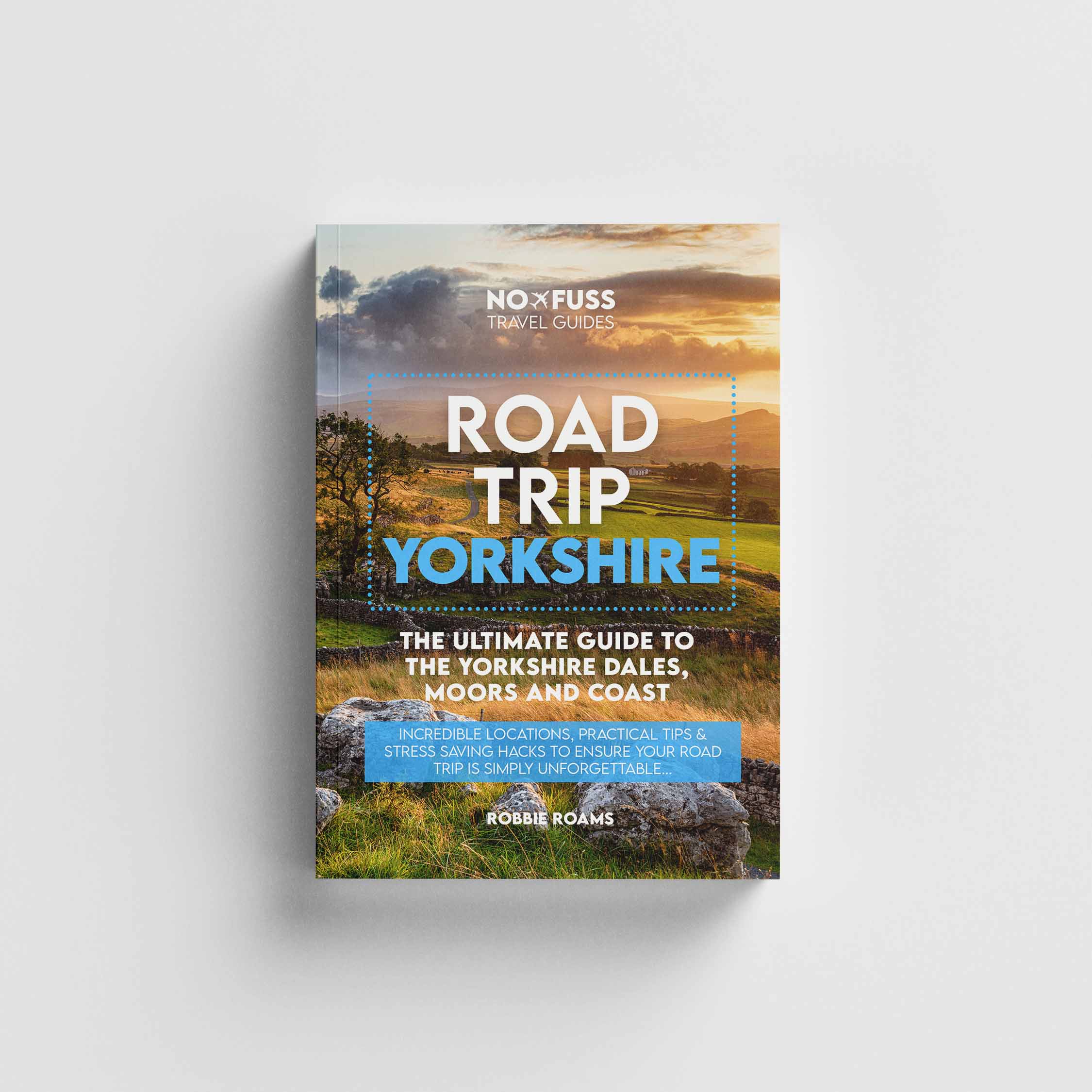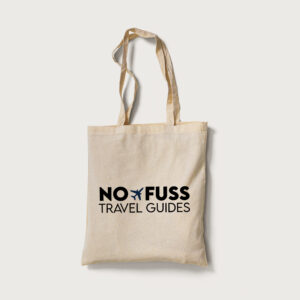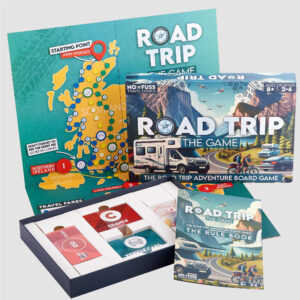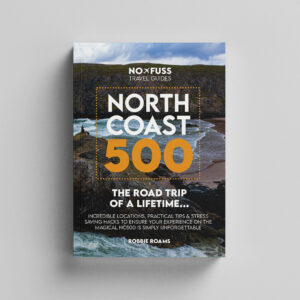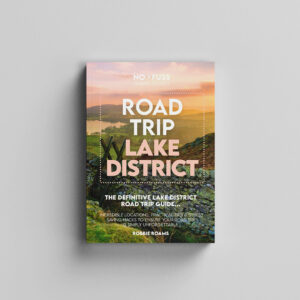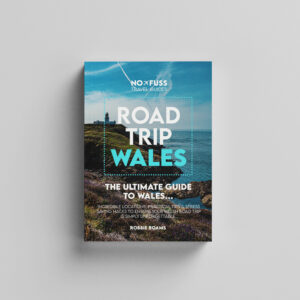From Paperwork to Vehicle Must-Haves: Everything You Need Before Driving in France
At first glance, the idea of a road trip to France might feel a bit daunting, maybe even overwhelming, or out of reach. But trust me, as someone who ventured around there for a month, it’s really not. Driving on the ‘wrong’ side of the road in a right-hand drive vehicle? Not as scary as it sounds. Don’t speak much (or any) French? Honestly, you’ll be just fine.
These are all small hurdles that anyone can get over, especially with the right preparation. That’s where this essential checklist comes in. It’s here to help you ensure you have everything you need to travel with confidence. With the basics sorted, you’ll be free to enjoy France’s scenery and culture.
The good news? It doesn’t take heaps of extra paperwork or faffing about to get sorted. That said, there are a few important things you’ll want to think about ahead of time.
If you’re planning your first road trip around France, it’s well worth grabbing a copy of the No Fuss Road Trip France guidebook. It has all the information you need from travel requirements, to itineraries, must-see locations and the best places to stay.
What documentation do you need when travelling to France?
If you’re heading to France from the UK in your own vehicle, it’s crucial that you bring the correct paperwork with you. Not only is it a legal requirement, but it also helps avoid delays or fines if you’re stopped by the police or involved in an accident.
Here’s what you must carry:
A valid UK driving licence
Your photocard licence is perfectly acceptable for driving in France. If you only have a paper licence, it’s best to check whether you need to upgrade or obtain an International Driving Permit (IDP).
Your vehicle logbook (V5C)
This proves you are the registered keeper of the vehicle. If you’re using a hire car or someone else’s vehicle, make sure you have written permission to drive it and all the relevant documentation.
A valid motor insurance certificate
Your UK policy should provide at least third-party cover in the EU, but check with your insurer to make sure. If you’re not covered for European travel, you may need to upgrade or purchase additional cover.
Top Tip:
Consider purchasing European breakdown cover. The last thing you want on a French road trip is to be stranded with no support. Providers like the AA, RAC, or Green Flag offer both annual and single-trip policies. A small investment upfront can save you hundreds if your vehicle breaks down while abroad.
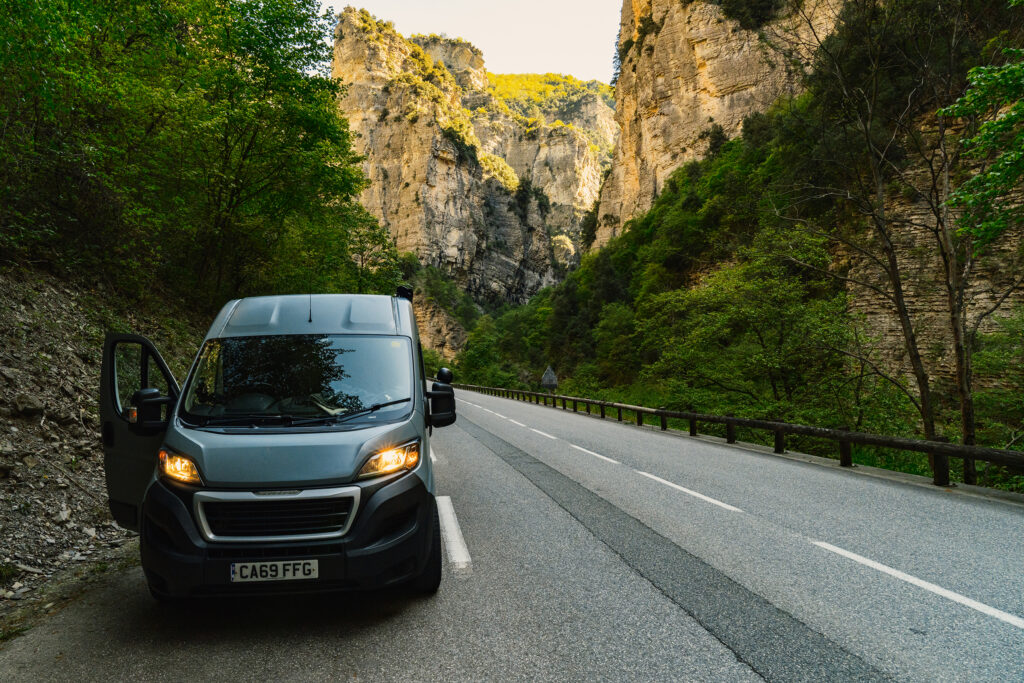
Must-Have Vehicle Equipment (It’s the Law!)
France has strict requirements when it comes to vehicle safety kit. All of the following items must be kept in your vehicle ideally somewhere easy to reach in an emergency (not buried under luggage in the boot!).

Here’s what you’ll need:
UK Sticker
If your number plate doesn’t have the Union Jack and ‘UK’ identifier, you must display a UK sticker on the back of your vehicle. The old “GB” stickers are no longer valid.
High-visibility jackets
You need one for every person in the vehicle. These must be kept inside the car (not in the boot) so you can access them quickly if you break down on the roadside.
Spare bulbs
French law requires you to carry a set of replacement bulbs for your vehicle’s external lights. Even if you don’t know how to fit them, having them is mandatory.
Headlight beam deflectors
UK headlights can dazzle oncoming drivers in France, especially when driving on the right-hand side of the road. Fit beam deflectors before you travel, or adjust the beam manually if your car allows it.
Breathalyser kit
Although the law requiring breathalysers has been relaxed and enforcement is minimal, it’s still recommended that you carry at least one (preferably two, in case one gets used).
‘Angles Mortes’ (Blind Spot) Stickers
If you’re driving a vehicle over 3.5 tonnes (like a large motorhome or campervan), you must display blind spot stickers on both sides and the rear. Fines can be issued on the spot if you don’t comply.
Winter Driving Rules in France (1 November – 31 March)
If you’re travelling during the winter months, extra precautions are essential. From 1 November to 31 March each year, certain regions in France legally require vehicles to be equipped for snowy or icy conditions.
You must either:
Fit winter tyres on all four wheels (marked M+S or 3PMSF for Alpine standard), or carry a set of snow chains or snow socks (at least for the drive wheels)
These rules apply mainly to mountainous regions, including:
- Alps (e.g. Savoie, Haute-Savoie, Isère)
- Pyrenees (e.g. Hautes-Pyrénées, Ariège)
- Massif Central (e.g. Cantal, Puy-de-Dôme)
- Jura
- Vosges
- Corsica
Look out for the “B26” road sign, which marks the beginning of a zone where winter equipment is mandatory.
Note: Many UK all-season tyres meet the requirement if they are marked M+S or 3PMSF. However, in heavy snow, local authorities may still recommend carrying chains, especially on steep or narrow mountain roads.
Towing with an A-frame is illegal in France, you’ll need to use a proper trailer instead.
Additional Safety Tips for Driving in France
Here are some final must-knows and helpful tips to keep your journey safe and smooth:
- Always follow speed limits, especially as they can change in wet weather.
- Take extra care in snow, ice, and heavy rain adjust your speed and allow extra braking distance.
- Wildlife and livestock may appear on rural roads drive cautiously, especially at night.
- Check mountain pass conditions before setting off some may close due to weather or landslides.
- Allow faster vehicles to overtake especially on narrow or hilly roads.
- Keep your fuel tank or EV battery topped up, particularly in remote areas.
- Ensure your phone is charged, consider bringing a car charger or power bank for emergencies.

Looking to plan your French Road Trip adventure?
You can check out my full video on driving in France below. It’s packed with practical tips, trusty advice, and everything you need to feel confident behind the wheel.
If you’re still feeling unsure about what paperwork, equipment, or rules you really need to know before you go, this Road Trip France guidebook will be your best friend. It’s everything I wish I’d had in one place before my first French road trip!

